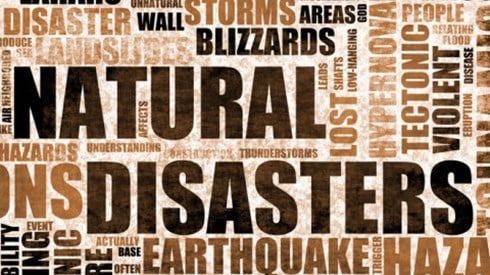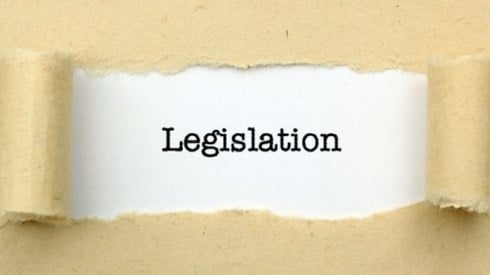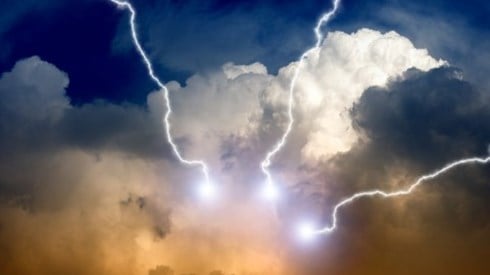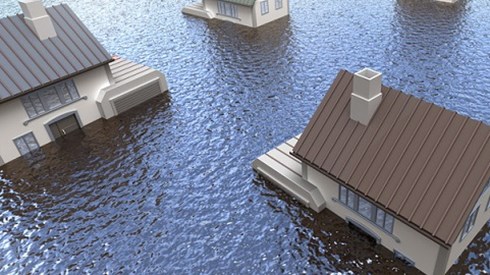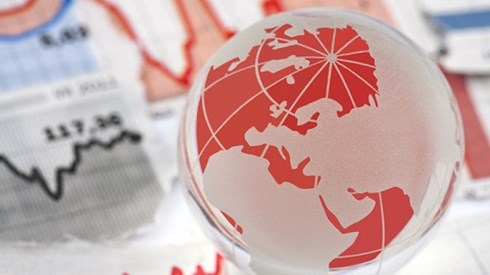Burning Planet: Climate Fires and Political Flame Wars Rage
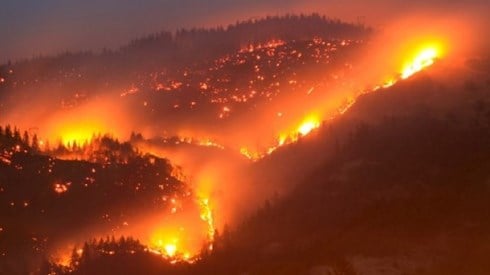
February 10, 2020

Findings of the World Economic Forum's Global Risks Report 2020 reveal that economic and political polarization will rise this year, as collaboration between world leaders, businesses, and policy makers is needed more than ever to stop severe threats to our climate, environment, public health, and technology systems. This points to a clear need for a multistakeholder approach to mitigating risk at a time when the world cannot wait for the fog of geopolitical disorder to lift.
The report forecasts a year of increased domestic and international divisions and economic slowdown. Geopolitical turbulence is propelling us toward an "unsettled" unilateral world of great power rivalries at a time when business and government leaders must focus urgently on working together to tackle shared risks.
Over 750 global experts and decision makers were asked to rank their biggest concerns in terms of likelihood and impact, and 78 percent said they expect "economic confrontations" and "domestic political polarization" to rise in 2020.
This would prove catastrophic, particularly for addressing urgent challenges like the climate crisis, biodiversity loss, and record species decline. The report, produced in partnership with Marsh & McLennan and Zurich Insurance Group, points to a need for policy makers to match targets for protecting the Earth with ones for boosting economies—and for companies to avoid the risks of potentially disastrous future losses by adjusting to science-based targets.
For the first time in the survey’s 10-year outlook, the top five global risks in terms of likelihood are all environmental. The report sounds the alarm on the following global risks.
- Extreme weather events with major damage to property, infrastructure, and loss of human life
- Failure of climate-change mitigation and adaptation by governments and businesses
- Human-made environmental damage and disasters, including environmental crime, such as oil spills, and radioactive contamination
- Major biodiversity loss and ecosystem collapse (terrestrial or marine) with irreversible consequences for the environment, resulting in severely depleted resources for humankind as well as industries
- Major natural disasters such as earthquakes, tsunamis, volcanic eruptions, and geomagnetic storms
It adds that unless stakeholders adapt to "today's epochal power-shift" and geopolitical turbulence—while still preparing for the future—time will run out to address some of the most pressing economic, environmental, and technological challenges. This signals where action by business and policy makers is most needed.
John Drzik, chairman of Marsh & McLennan Insights, said, "There is mounting pressure on companies from investors, regulators, customers, and employees to demonstrate their resilience to rising climate volatility. Scientific advances mean that climate risks can now be modeled with greater accuracy and incorporated into risk management and business plans. High profile events, like recent wildfires in Australia and California, are adding pressure on companies to take action on climate risk at a time when they also face greater geopolitical and cyber risk challenges."
Human activity has already caused the loss of 83 percent of all wild mammals and half of plants—which underpin our food and health systems. Peter Giger, group chief risk officer, Zurich Insurance Group, warned of the urgent need to adapt faster to avoid the worst and irreversible impacts of climate change and to do more to protect the planet's biodiversity.
"Biologically diverse ecosystems capture vast amounts of carbon and provide massive economic benefits that are estimated at $33 trillion per year—the equivalent to the GDP of the US and China combined. It's critical that companies and policy makers move faster to transition to a low carbon economy and more sustainable business models. We are already seeing companies destroyed by failing to align their strategies to shifts in policy and customer preferences. Transitionary risks are real, and everyone must play their part to mitigate them. It's not just an economic imperative, it is simply the right thing to do," he said.
February 10, 2020
